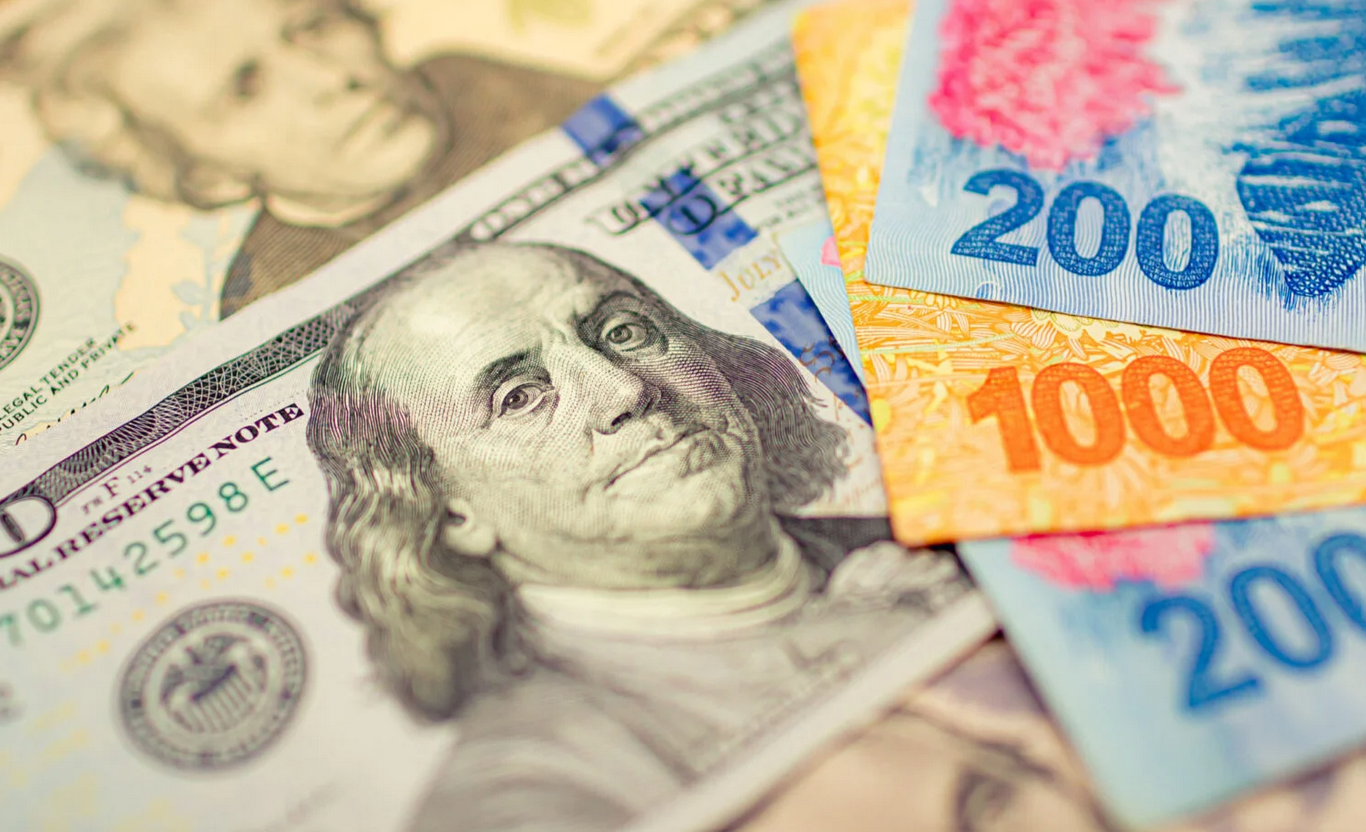by Vance Ginn, Activist Post:

Argentina’s new self-described “anarcho-capitalist” President, Javier Milei, is raising eyebrows worldwide with his aggressive attempts to restore the nation’s abysmal economy. On December 20, he signed a decree to remove many government regulations stifling international trade and domestic activity.
With Argentina’s poverty rate soaring to 40.1 percent in early 2023 and its debt burden owed to the International Monetary Fund (IMF) now $45 billion along with its other mountains of debt, the time is now for a no-nonsense pro-growth approach that gets the government out of the way.
TRUTH LIVES on at https://sgtreport.tv/
Since Milei’s inauguration on December 10, he’s set out bold initiatives. These include reducing government spending by as much as five percent of the nation’s GDP, slashing the number of federal ministries by half to nine, and, most notably, declaring that he will devalue the nation’s currency, the peso, by more than 50 percent.
To paint a picture, some estimate that the decision to devalue the peso and other policy changes could bring already rapid inflation of more than 160 percent up to as high as 300 percent.
Onlookers have been quick to criticize these actions and their potential effects on the country, but desperate times call for desperate measures. And the US, most of all, should not point fingers. If anything, we could stand to learn a thing or two from Milei’s proactive approach.
While Milei’s moves will temporarily exacerbate inflation and further strain the economy, as he’s acknowledged, it also aims to enhance the country’s future. Moving from a government-dominated, top-down economy to one built on free-market capitalism is a significant institutional shift.
We already know from the work of economist Douglass North that these economic changes are what support more ways to let people prosper, but that the adjustment period will be challenging. There are currently many hindrances to the free exchange of people in the marketplace, and these inefficiencies take time to correct through a well-functioning price system. But after this “shock therapy” comes a brighter future.
There will also likely be a move away from the country’s currency of the peso to the US dollar, which should help stabilize markets, inflation, and economic activity. This would provide a better anchor than the peso does today, even though the anchor of the dollar has its own troubles.
It’s hard to conceive how Argentina was one of the world’s wealthiest nations only a century ago.
Once surpassing European powers in its economic strength, Argentina’s standing took a nosedive in 1929 when it abandoned the gold standard. The shift began a challenging period as protectionist trade policies, influenced by former Argentina President Juan Peron, eroded its once-thriving trade status. Moreover, excessive regulations further distorted price signals, and the emergence of a military dictatorship during the 70s and 80s brought everything crashing down.



